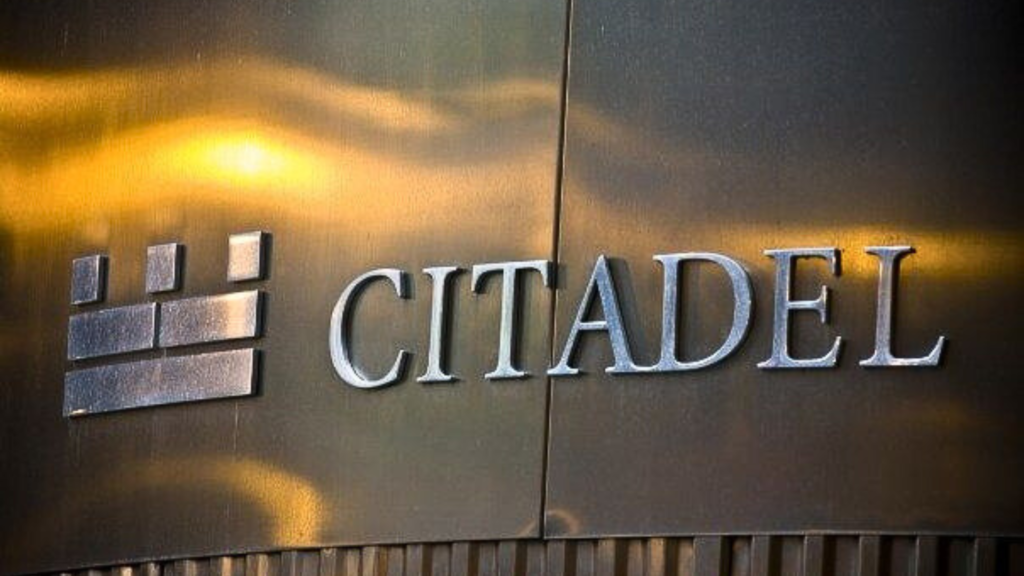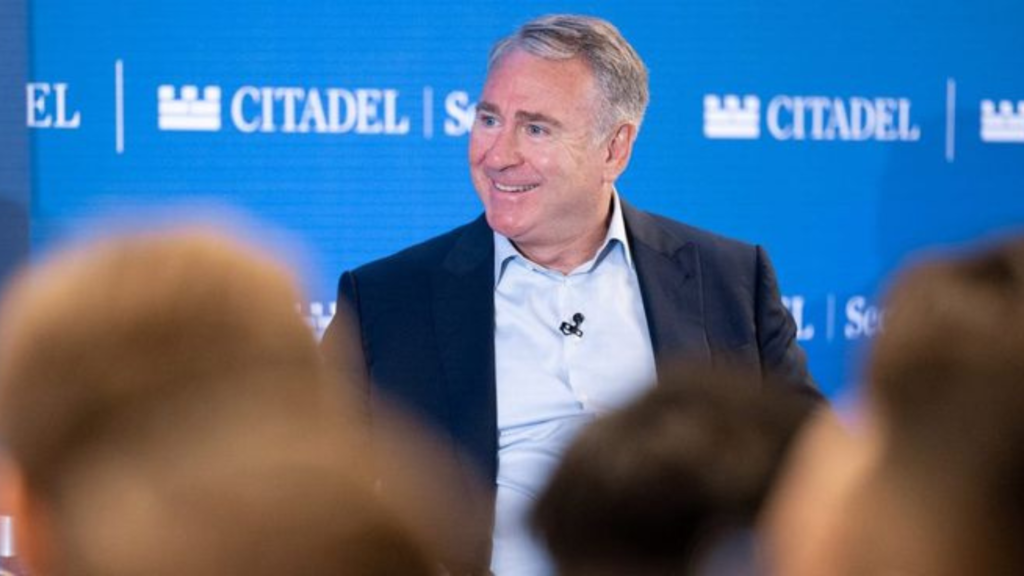In August, Ken Griffin Wellington Fund achieved an outstanding performance in spite of fluctuating market prices, economic uncertainty, and changing investor sentiment. The Citadel’s Wellington fund generated a 1% gain in the process.
Wellington Fund Citadel’s ability to generate positive returns in a strained environment is proof of its investment strategies and risk management experience. The fund’s performance can be linked to a combination of factors, such as skilled portfolio management, diversified investments, and a focus on generating alpha.
The Multistrategy of Citadel Wellington Fund’s Gain
Citadel Wellington Fund is the flagship of Ken Griffin Hedge Fund and is considered a multi-strategy hedge fund. This made Wellington have more diverse investment strategies than other funds when many of the funds were struggling due to the unpredictable market.
Fixed income, equity, macro, and many more; the Ken Griffin Wellington Fund positioned itself well enough to avoid or at least reduce losses and grab opportunities other investors could not capture. Although the 1% gain may seem small, it is a testament to the fund’s competency and strategy, especially in this volatile market month.

Unlike traditional funds, Citadel Wellington Fund focuses on delivering returns across various assets. The fund’s ability to navigate market volatility reflects its managers’ skill in switching between strategies based on current market conditions.
For instance, in August, the fund was able to invest in the communication services sector, which helped it achieve a 1% return. Of course, through the Citadel Wellington Fund, investors have a framework for managing market volatility and making money at the same time.
ALSO READ: Essential Insights Before Investing in Buffer ETFs
The Hedge Fund Community Moved into Defensive Mode
During market instability, hedge fund managers often shifted into a defensive mode, and August 2024 was no exception. Many hedge fund managers, including Citadel, reduced their exposure to riskier assets and focused on preserving capital.

However, Citadel Wellington Fund was able to protect its capital and also generate some profit. When hedge fund managers enter defensive mode, they usually turn to safer investments like fixed income or defensive sectors like utilities and healthcare. This adaptability helped Wellington secure a 1% gain when many other hedge funds struggled to break even.
Who Invests the Most in Hedge Funds?
Ken Griffin Wellington Fund attracts many investors, from institutional to high-net-worth individuals. The most prominent investors are normally pension funds, endowments, and sovereign wealth funds because they are attracted to higher returns and diversification.
These investors seek funds like the Ken Griffin Wellington Fund that have demonstrated exemplary performance, especially in volatile conditions.

Investors consider the Citadel Wellington Fund unique because it provides them with a wide range of strategies in one fund. They can invest in a variety of asset types, such as currencies, fixed income, commodities, and stocks, giving them a flexible means of managing risk and seeking growth.
Hedge fund investors, particularly those with significant capital, tend to prioritize funds with the infrastructure, expertise, and track record of returns, like the Citadel Wellington Fund.
ALSO READ: Why Gold Has Been Outperforming Most Other Assets This Year
How Citadel’s Wellington Fund Continues to Attract Investors
Citadel has positioned itself as one of the world’s leading hedge funds, managing over $50 billion in assets. The Wellington fund is popular among investors who want access to equities, fixed income, and other asset classes due to its adaptability and risk-adjusted returns.
One of the Wellington Fund’s strongest selling points is its ability to surpass equity benchmarks in unstable markets. While traditional equity funds may be affected by fluctuations in stock indices, Wellington’s multi-strategic approach enables it to aim for returns in other markets during periods of low equity market performance.

So, if you’re looking to invest in Citadel Wellington Fund, the benefits include consistent performance, a multi-strategy approach, and the leadership of Ken Griffin himself. Make due diligence and carry out adequate research before taking a step further into investing.
Despite being small, Wellington Fund’s August performance was still positive compared to several other funds that reported losses. The ability of a well-managed hedge fund to preserve and generate returns even when market conditions are unstable is what makes it stand out.
How Much Is Kenneth C. Griffin Worth?
Billionaire investor Ken Griffin is an American entrepreneur and the CEO of Citadel, a hedge fund that manages assets worth hundreds of billions of dollars. Griffin isn’t only the brains behind Citadel; he’s also one of the wealthiest people on the planet.
Griffin’s net worth is more than $43.6 billion, which places him among the richest people in the hedge fund industry. Since starting Citadel in 1990, he has led the company to become one of the most successful hedge funds in the world.
Citadel’s consistent performance is one major contributor to Griffin’s success. Even in unstable market conditions, Citadel’s funds, especially Wellington Fund Citadel, can still generate returns.

His success stems not only from his ability to manage billions of assets but also from his expertise in risks, investments, and markets.
Citadel Securities, another of Griffin’s businesses, generated $2.3 billion in Q1 2024, proving another strong standing. Griffin’s investments in technology, real estate, and art have also contributed to his incredible net worth, but the Ken Griffin Wellington Fund remains his most significant investment.
You Might Also Like:
Verizon Acquires Frontier Communications in $20 Billion Deal to Expand U.S. Fiber Network
It’s Official: The 500-Mile Electric Car Is Here
Mortgage Refinance Demand Soars 94% Year-Over-Year as Interest Rates Drop Again

